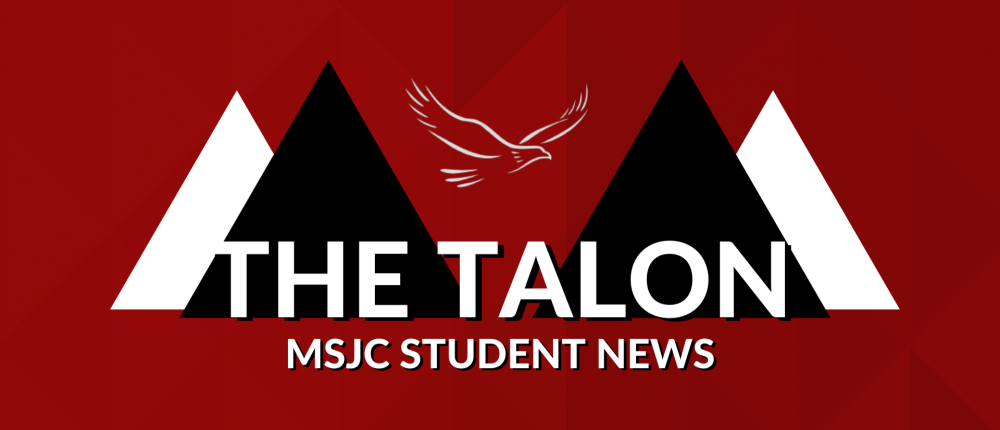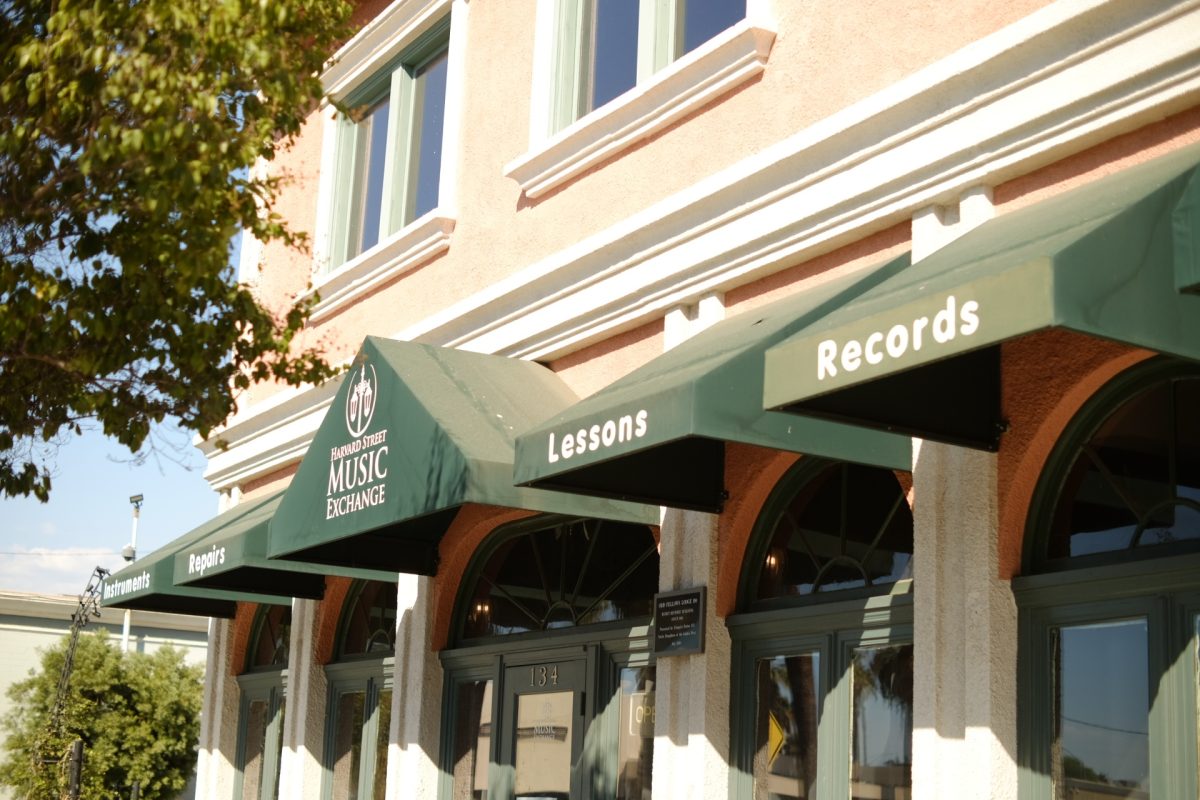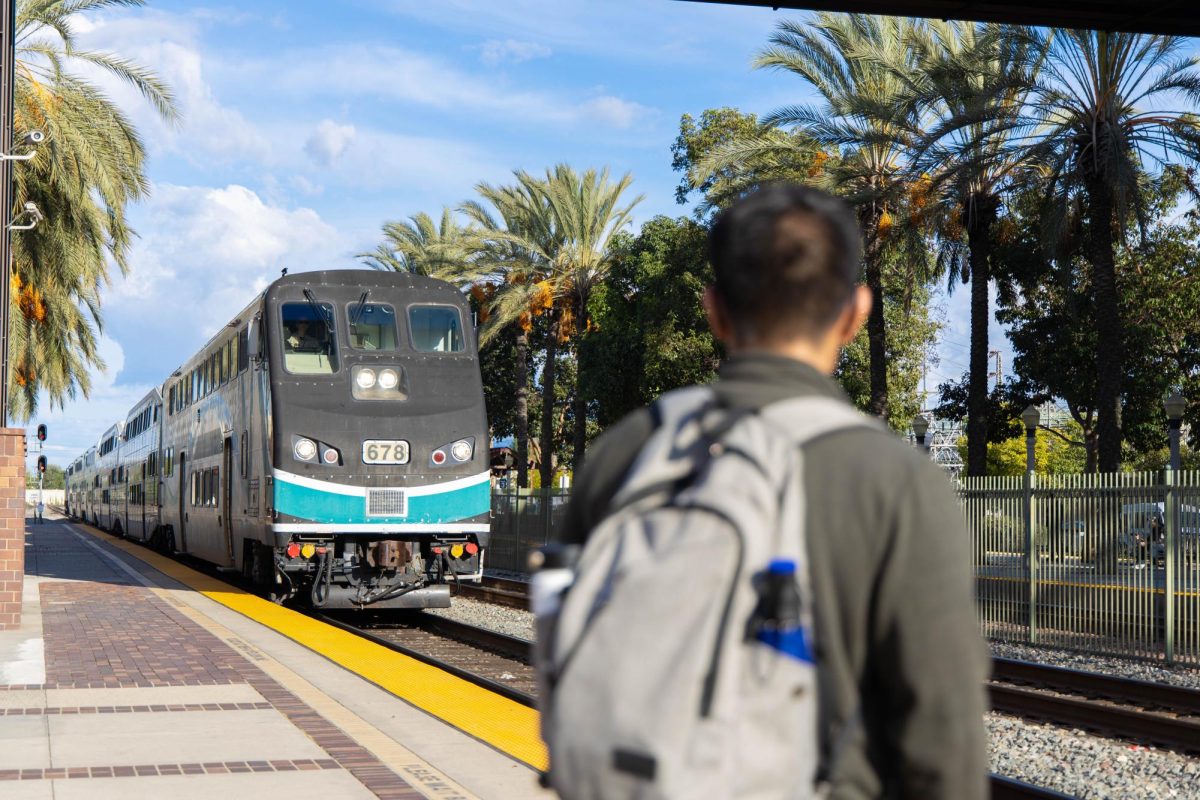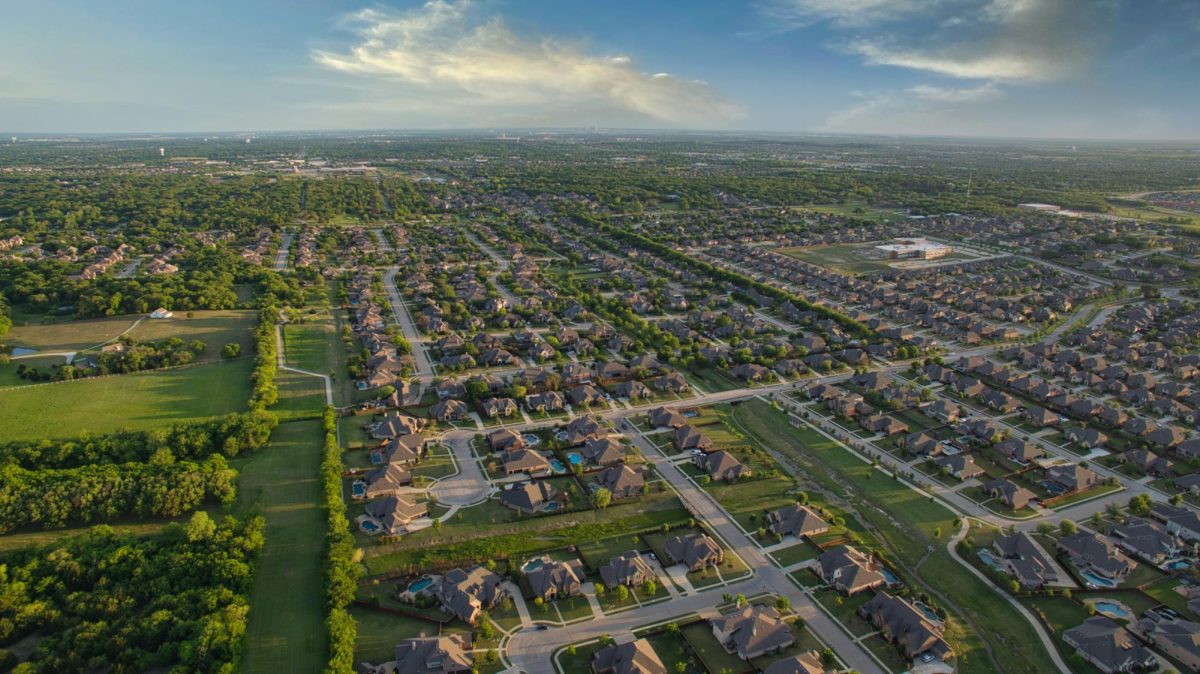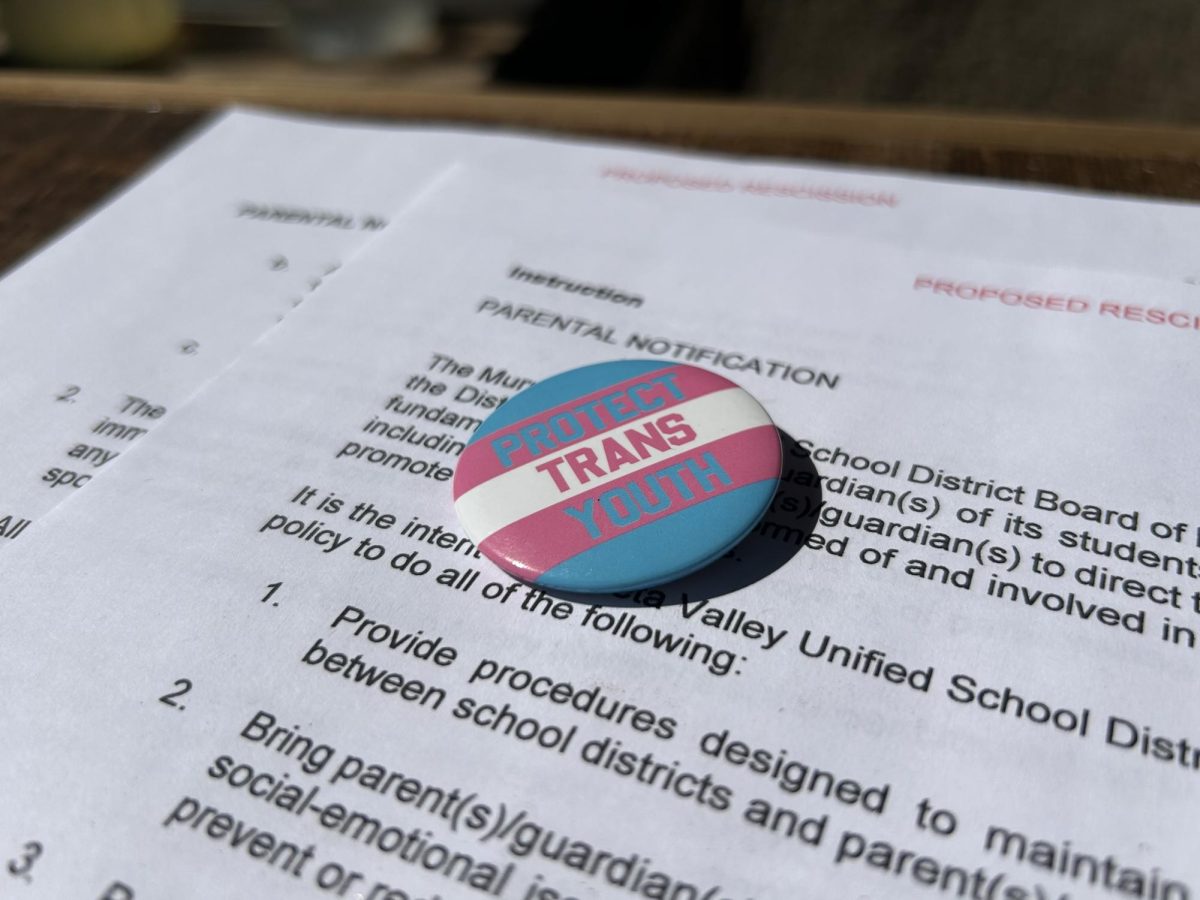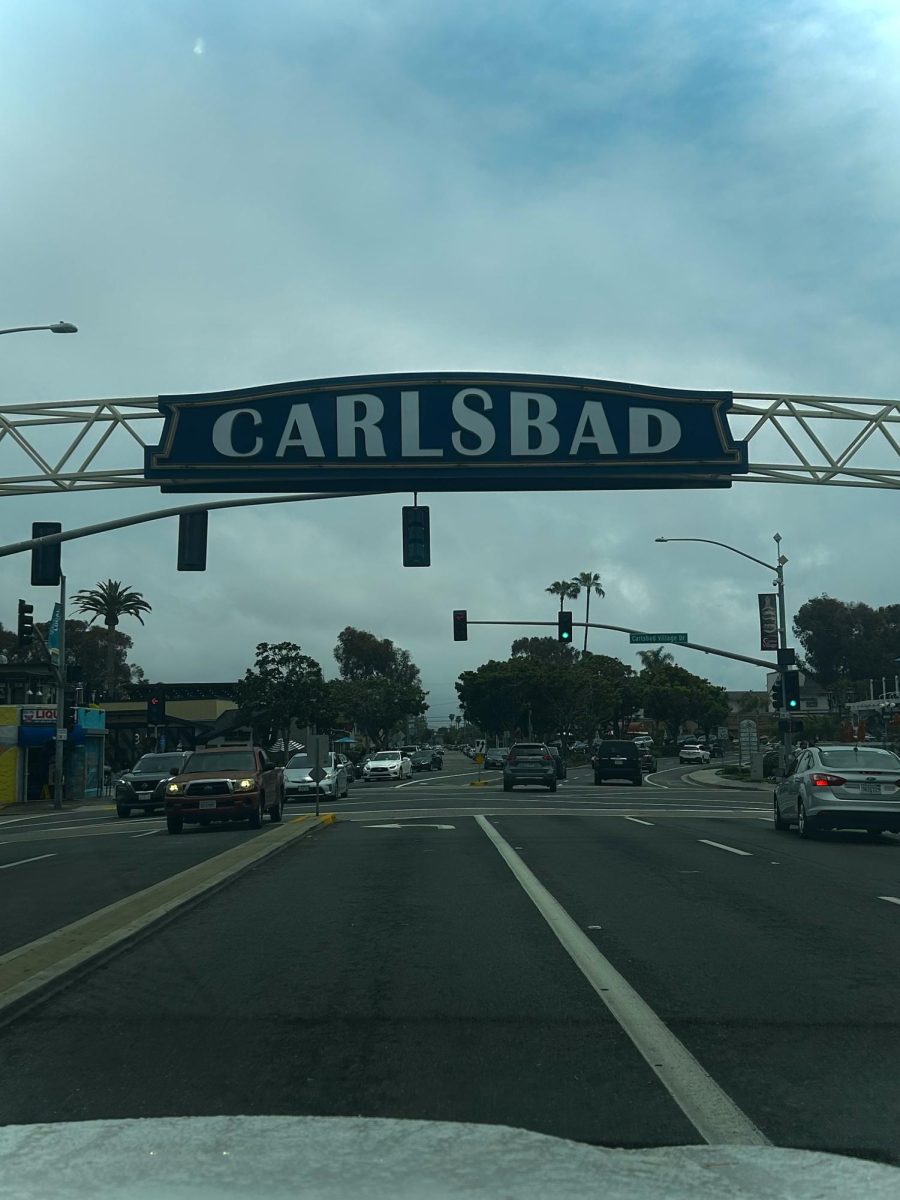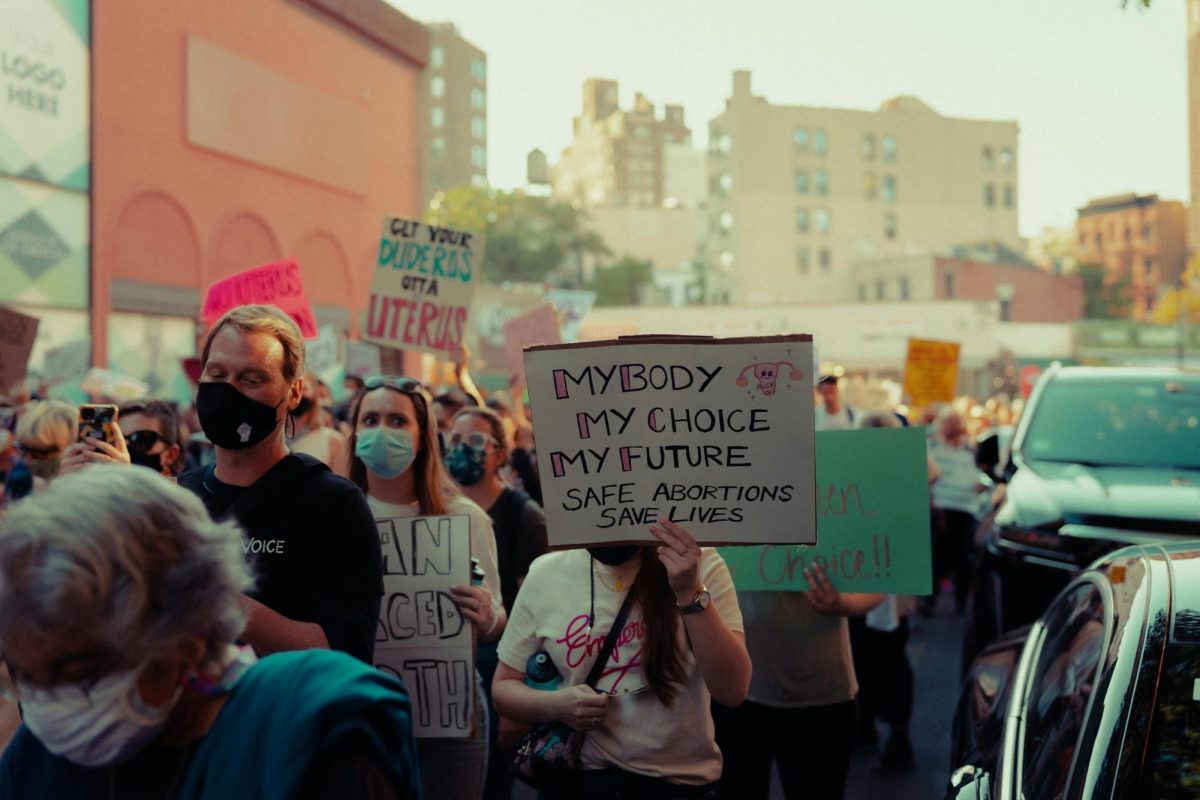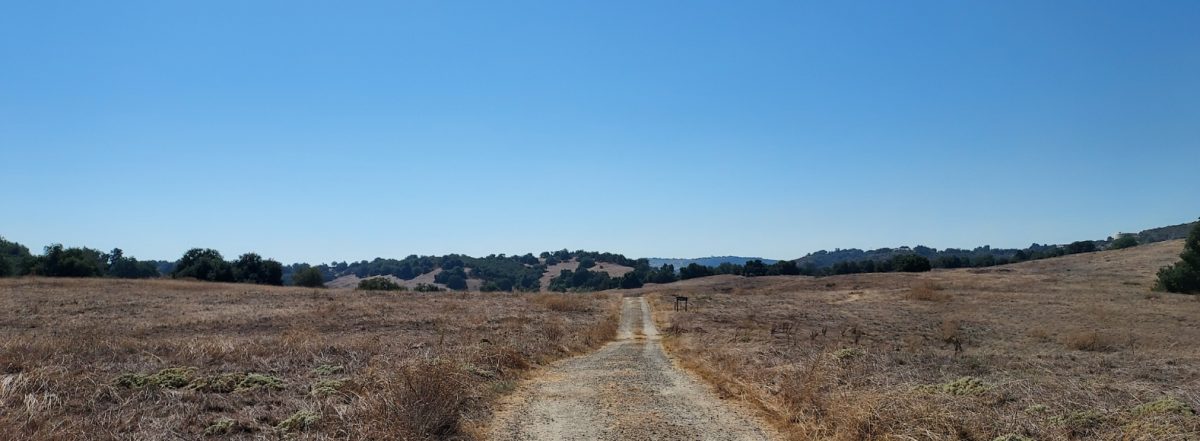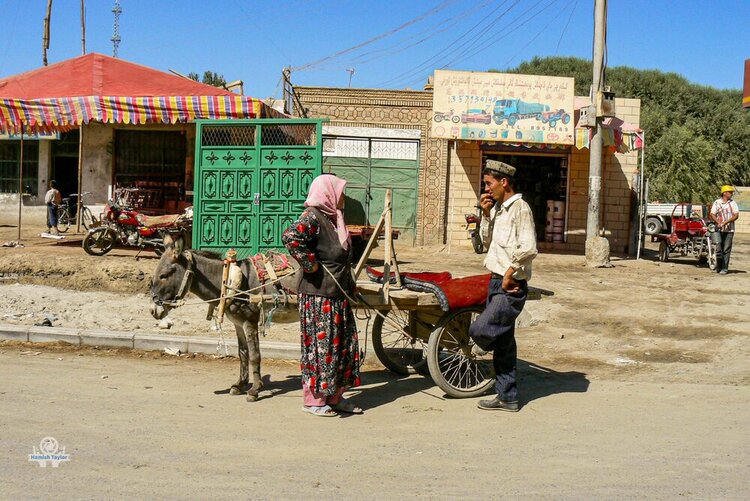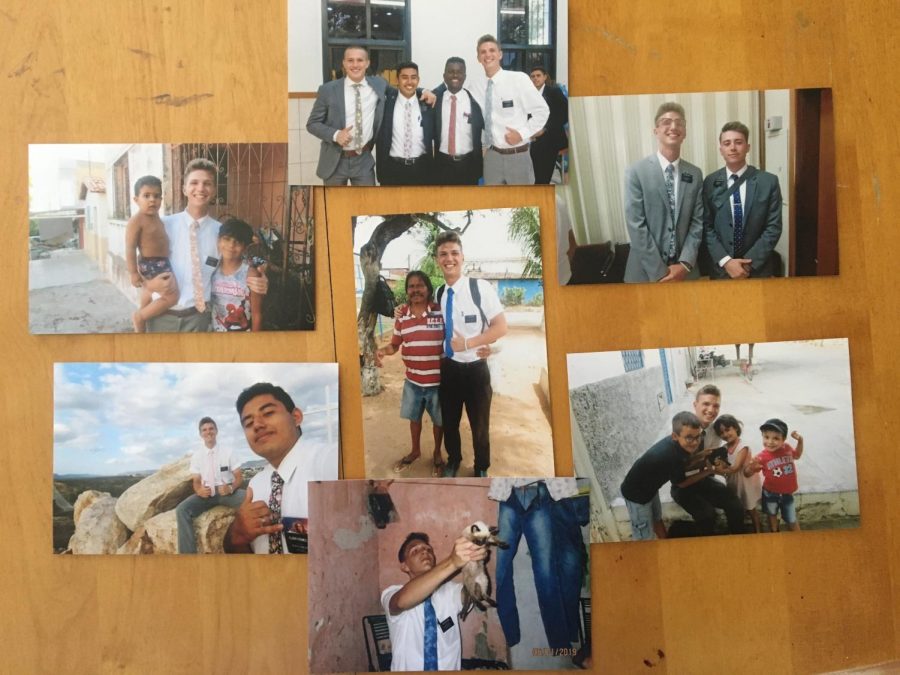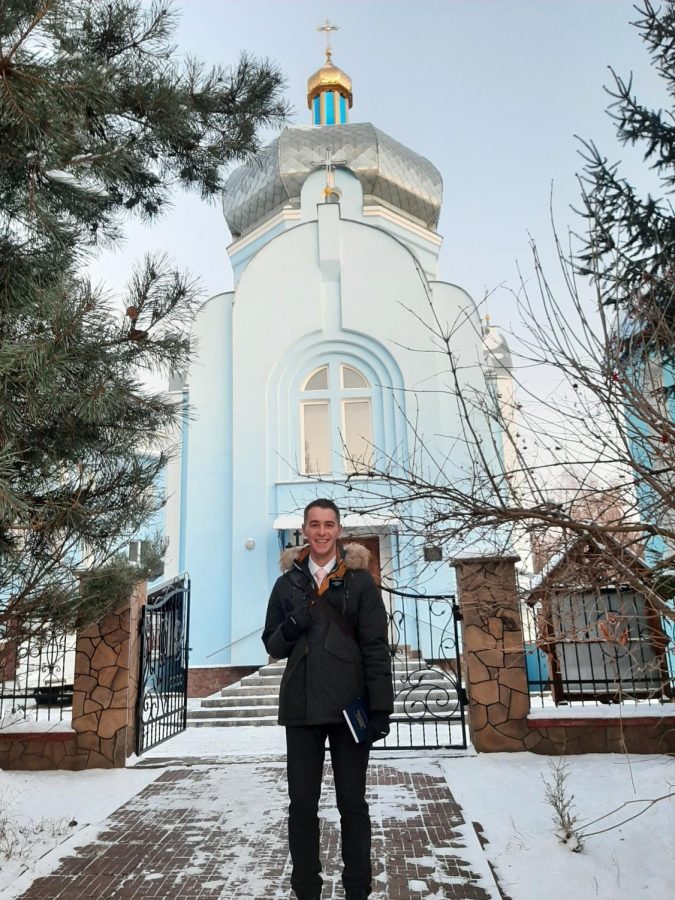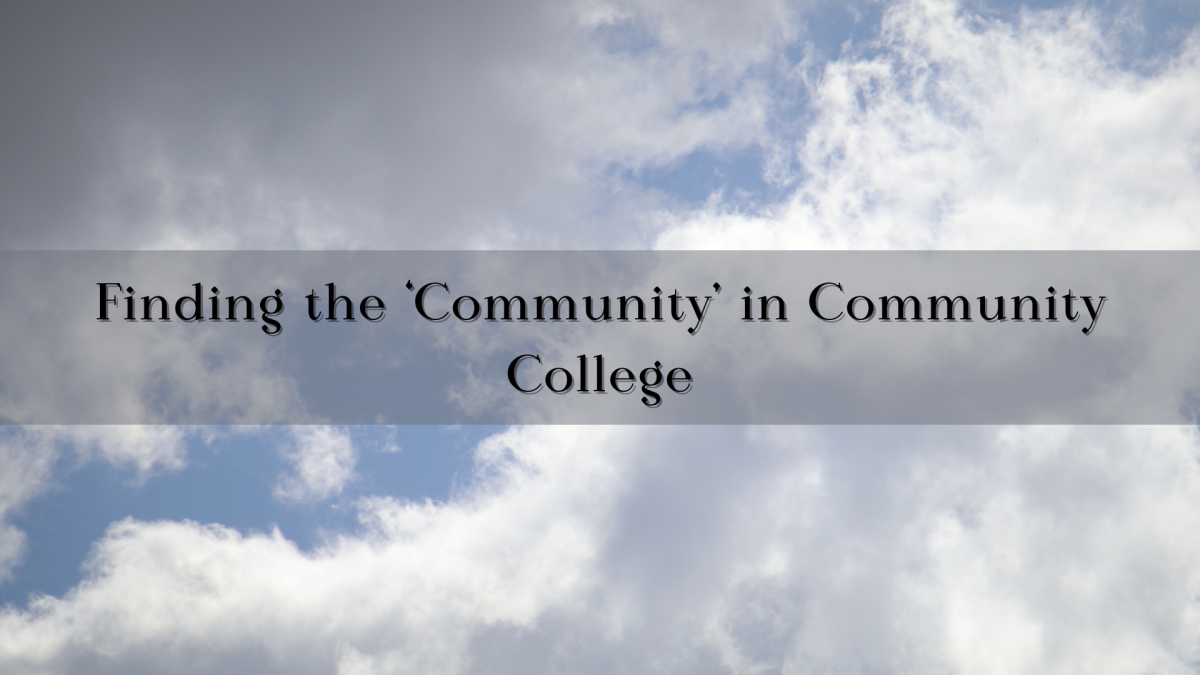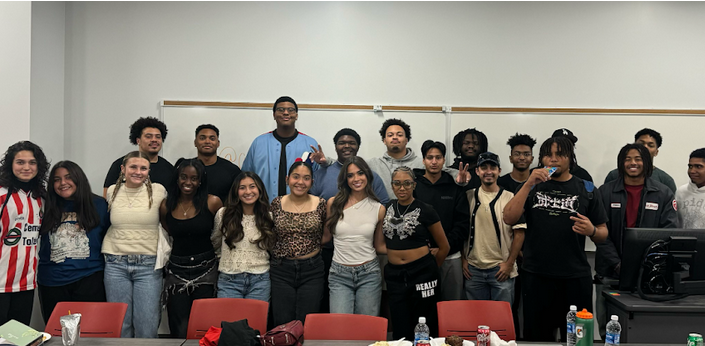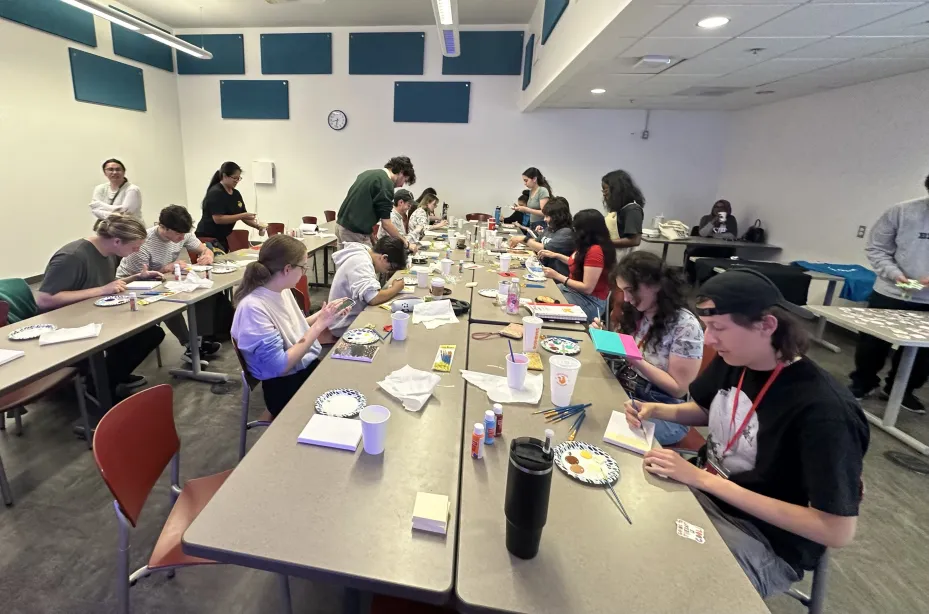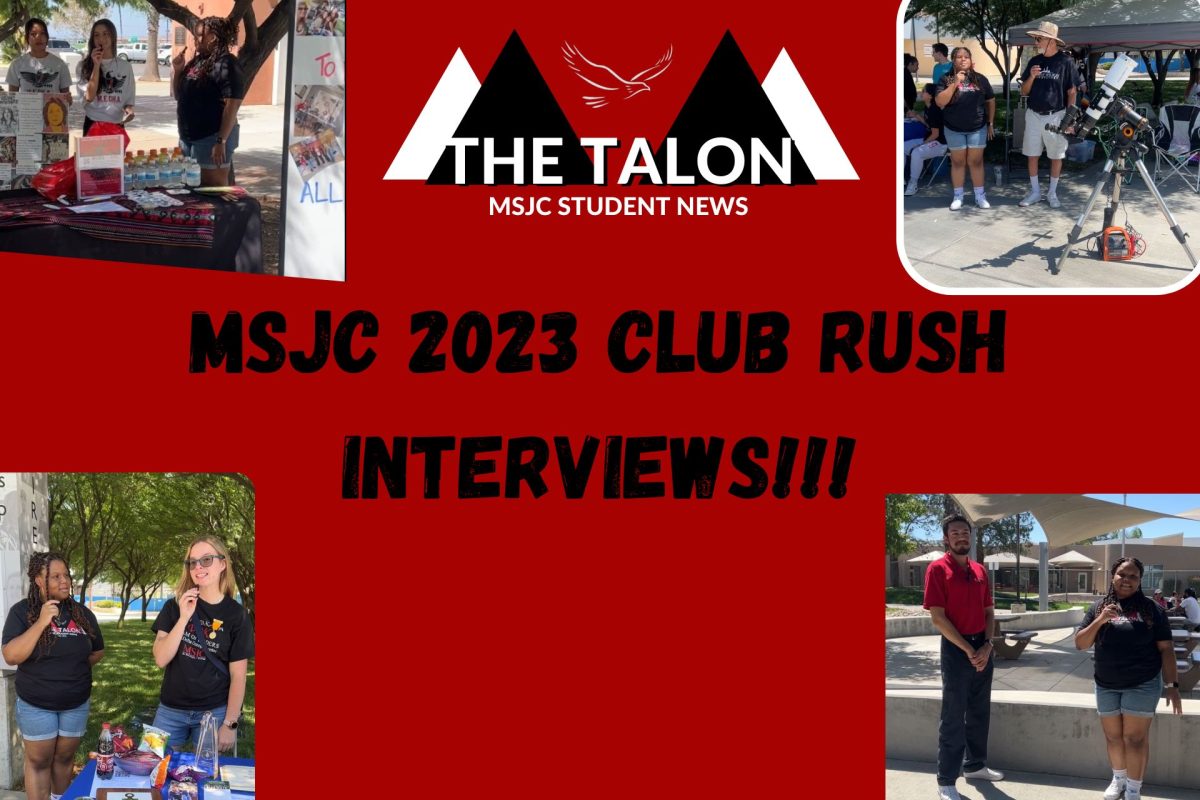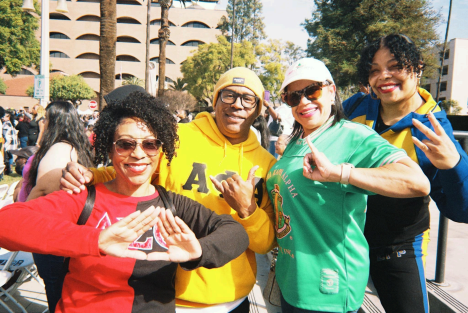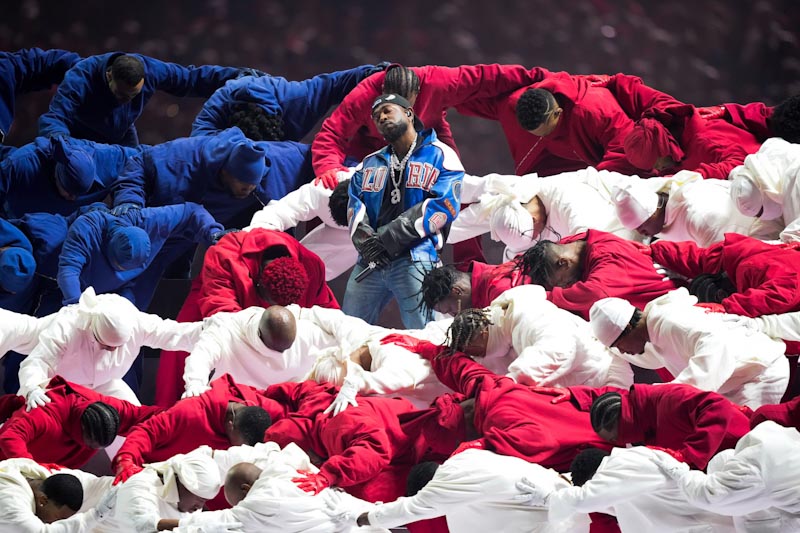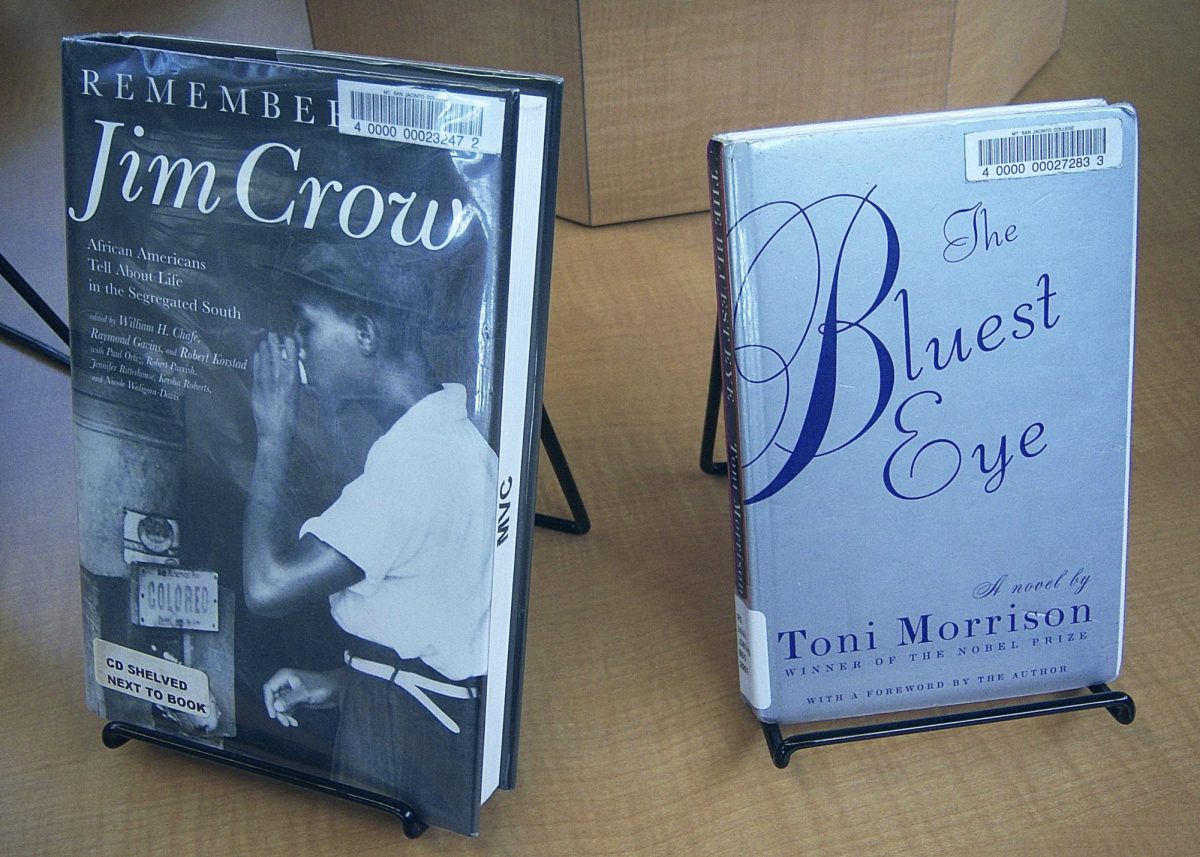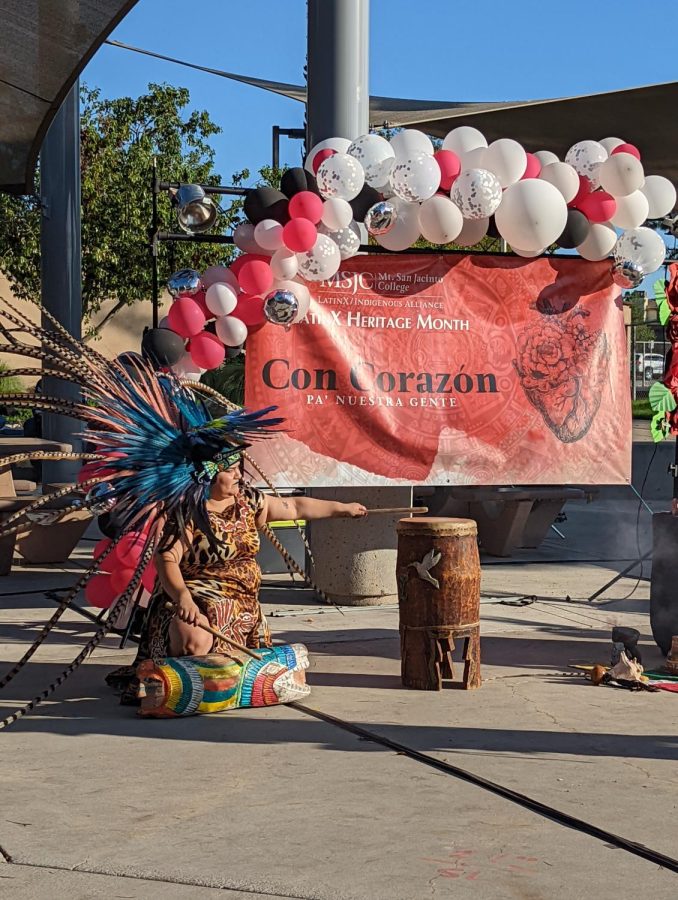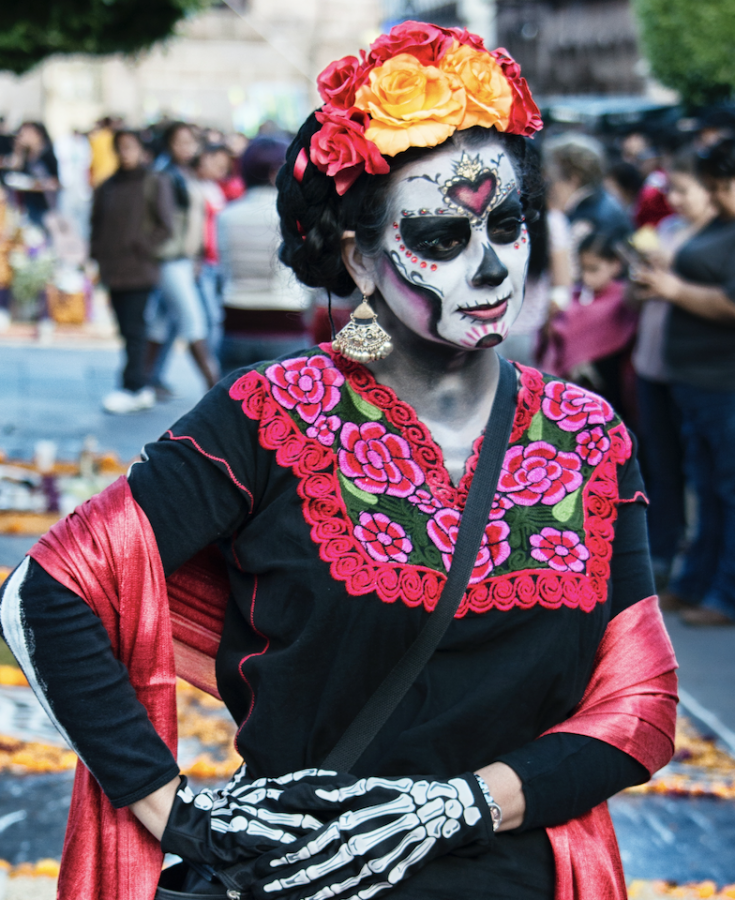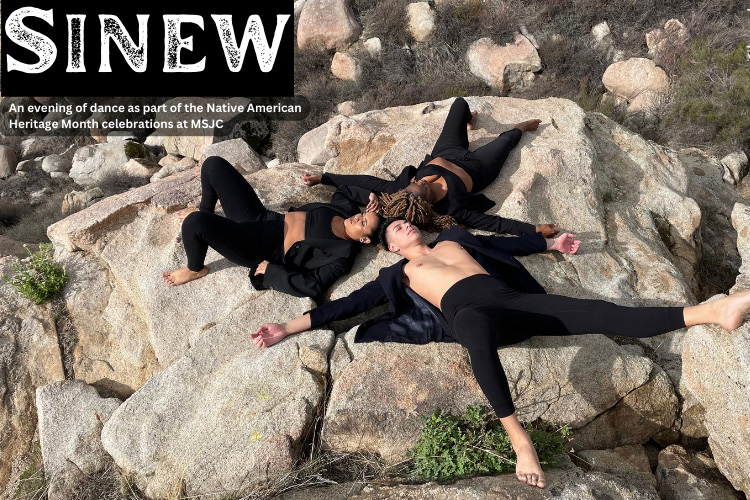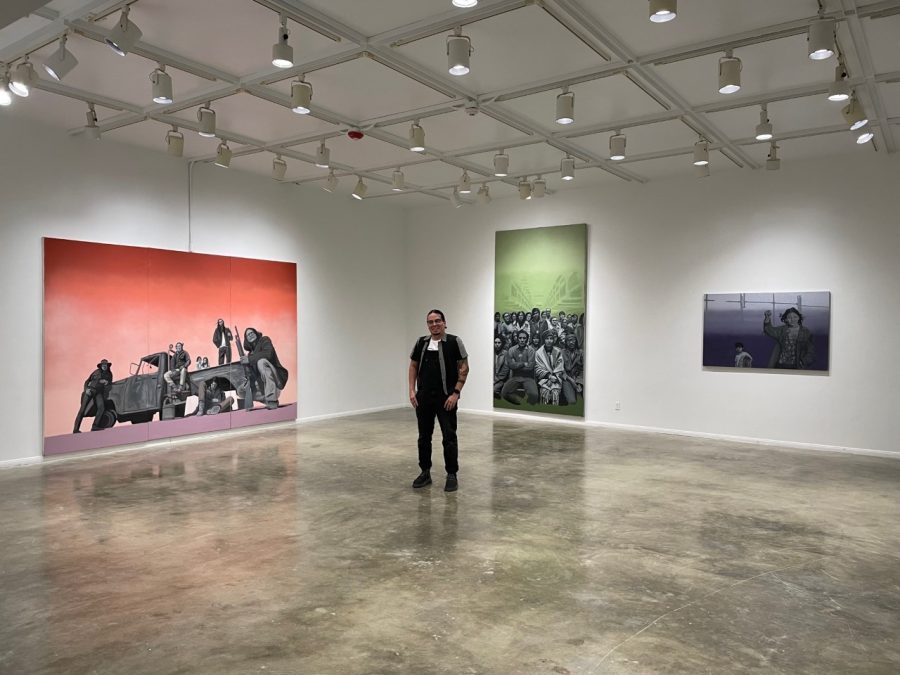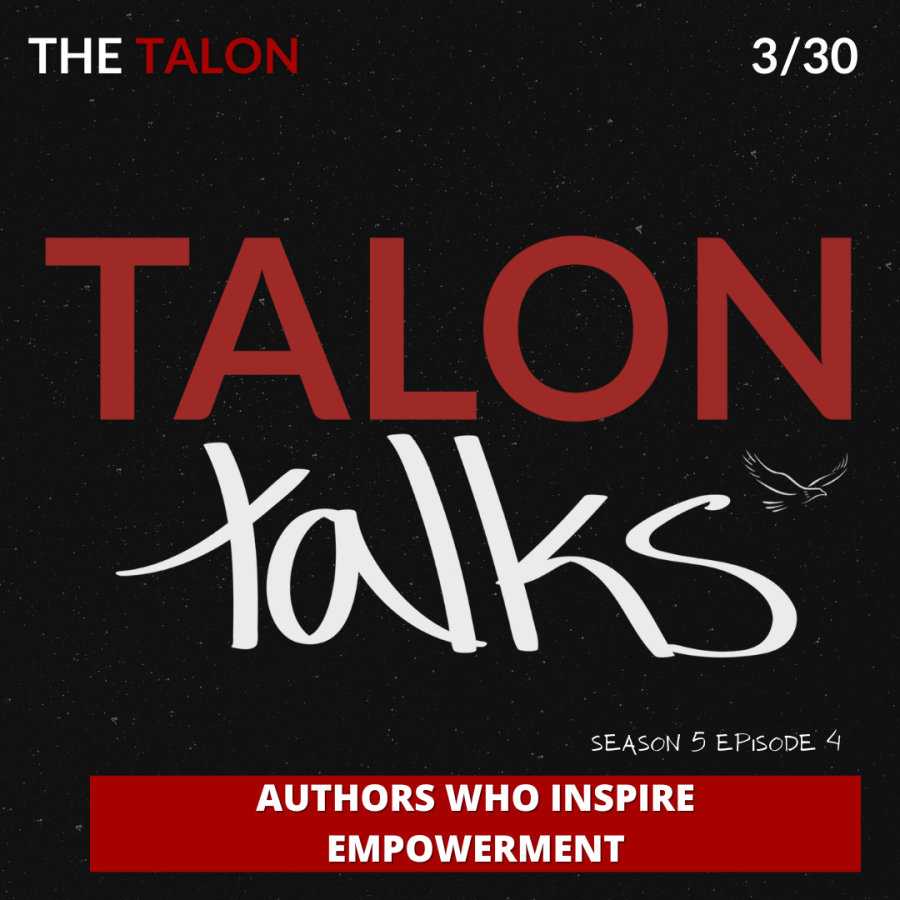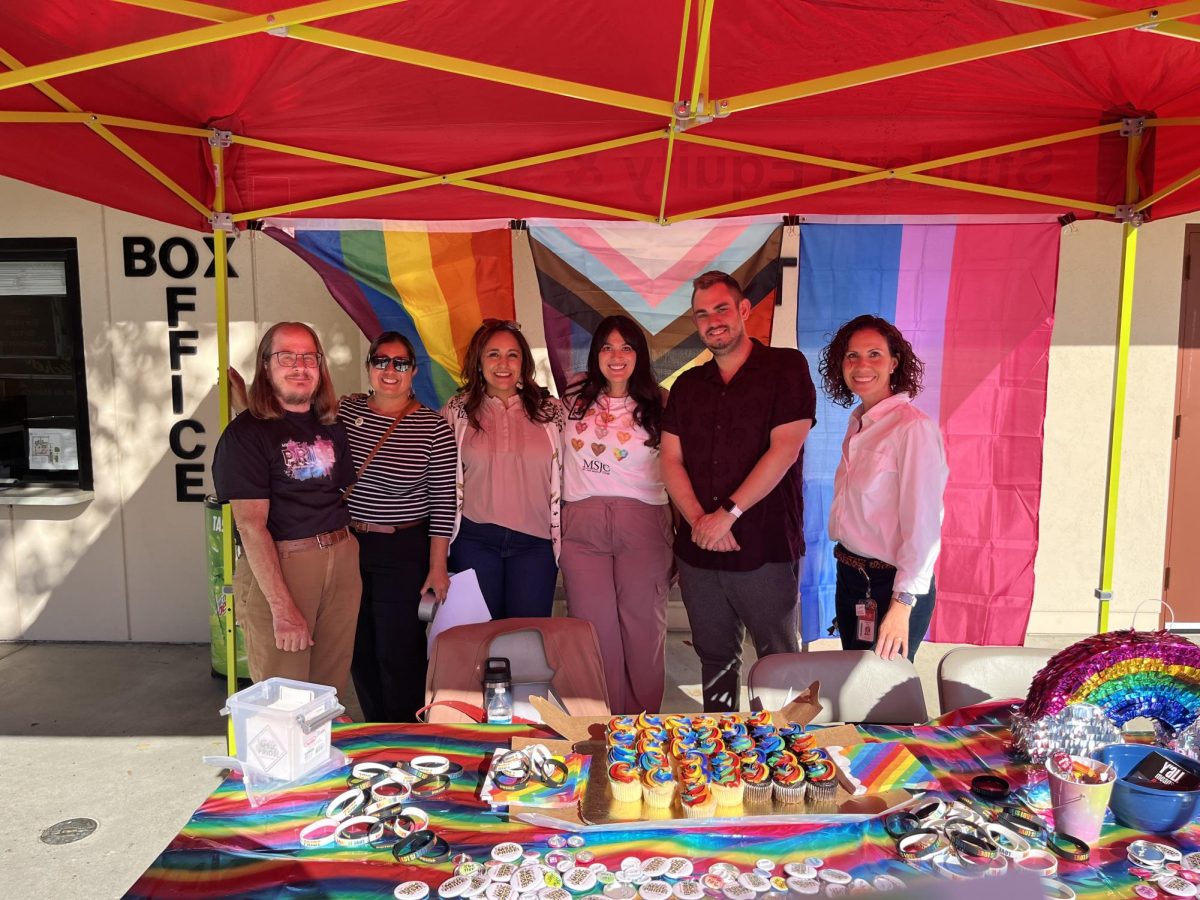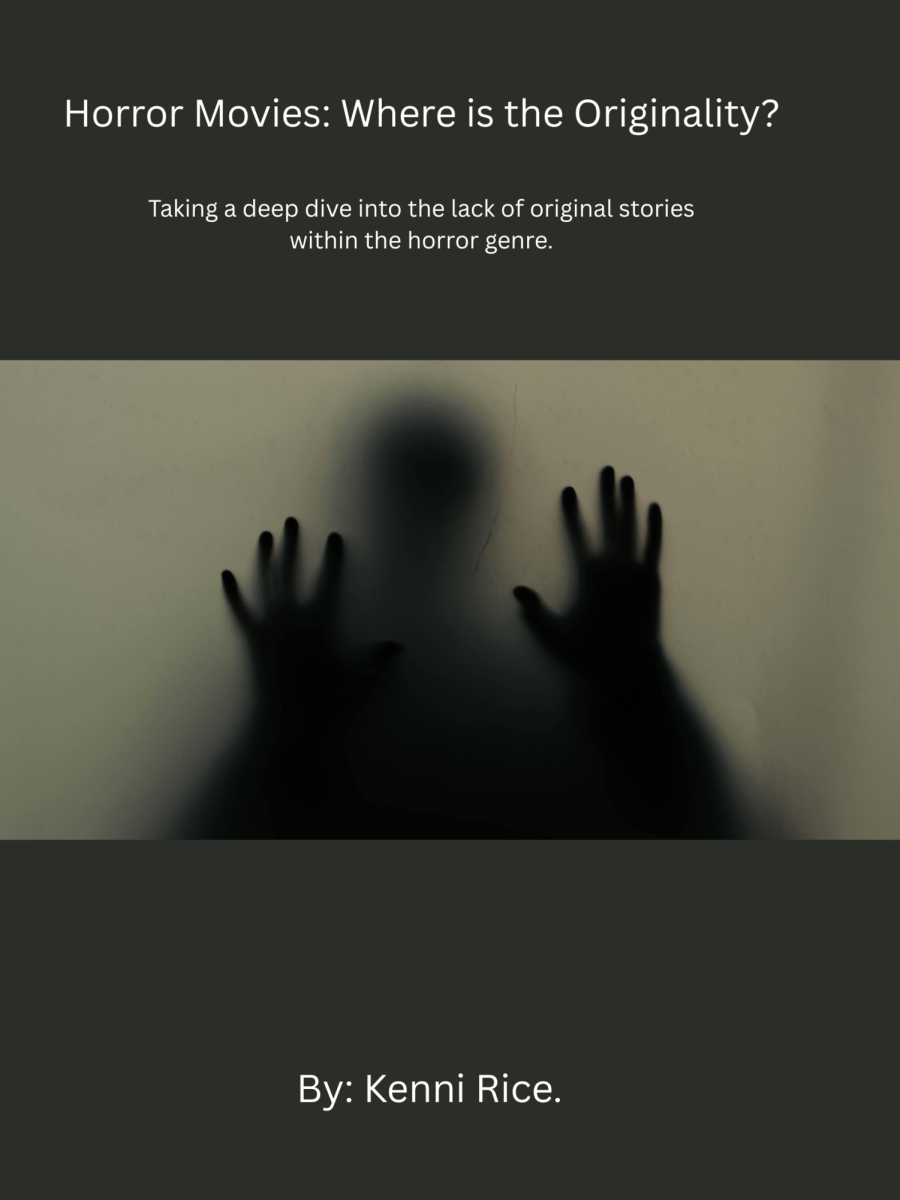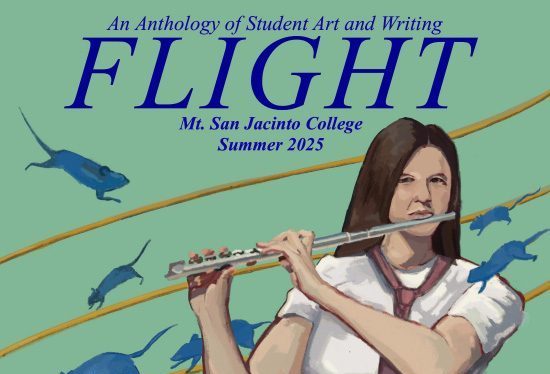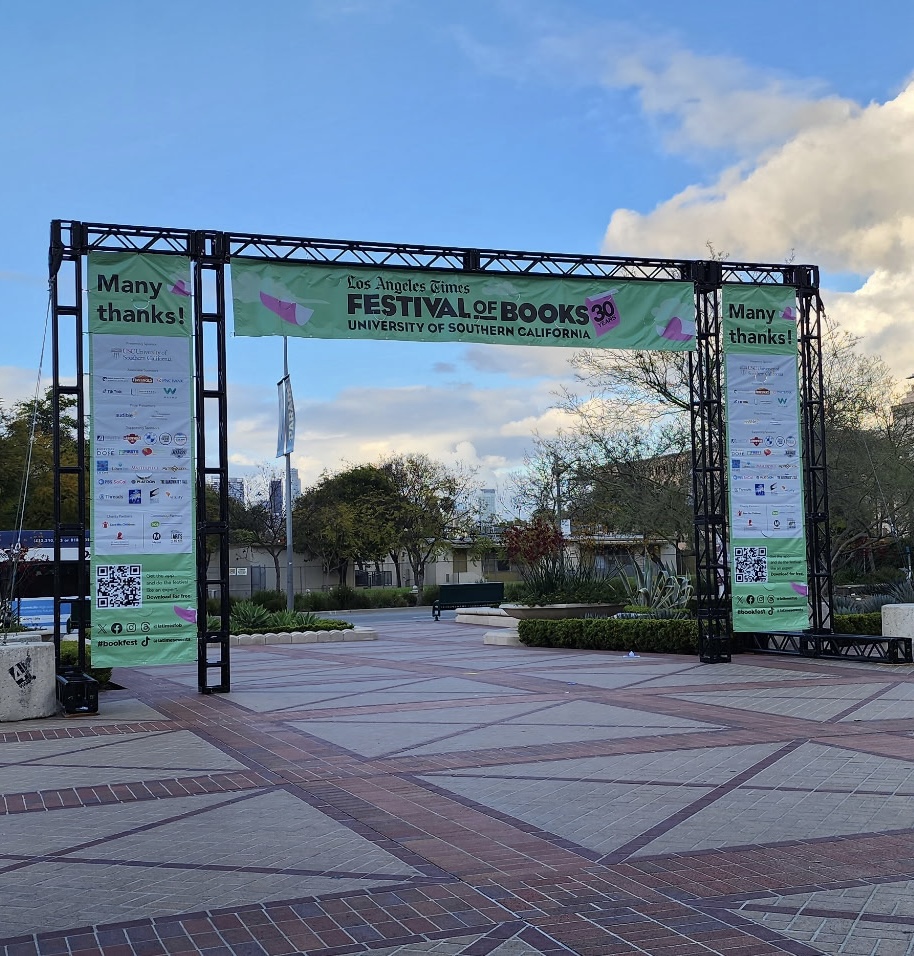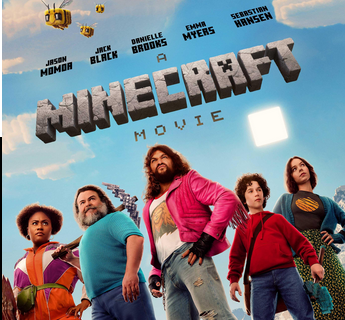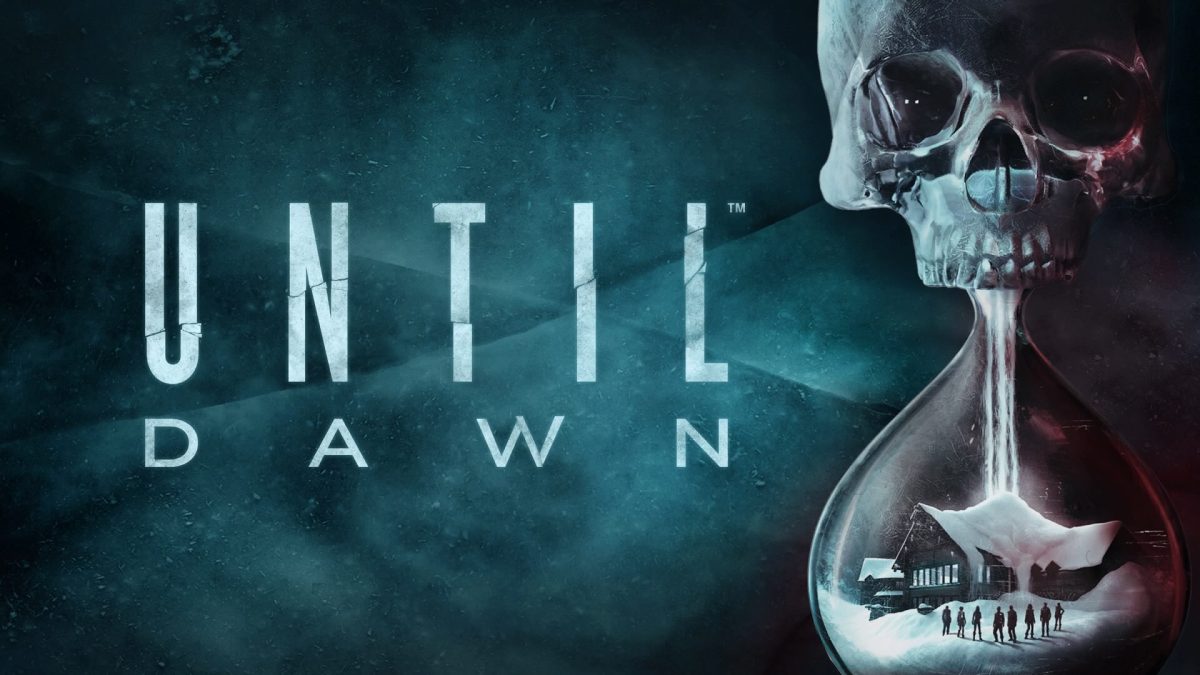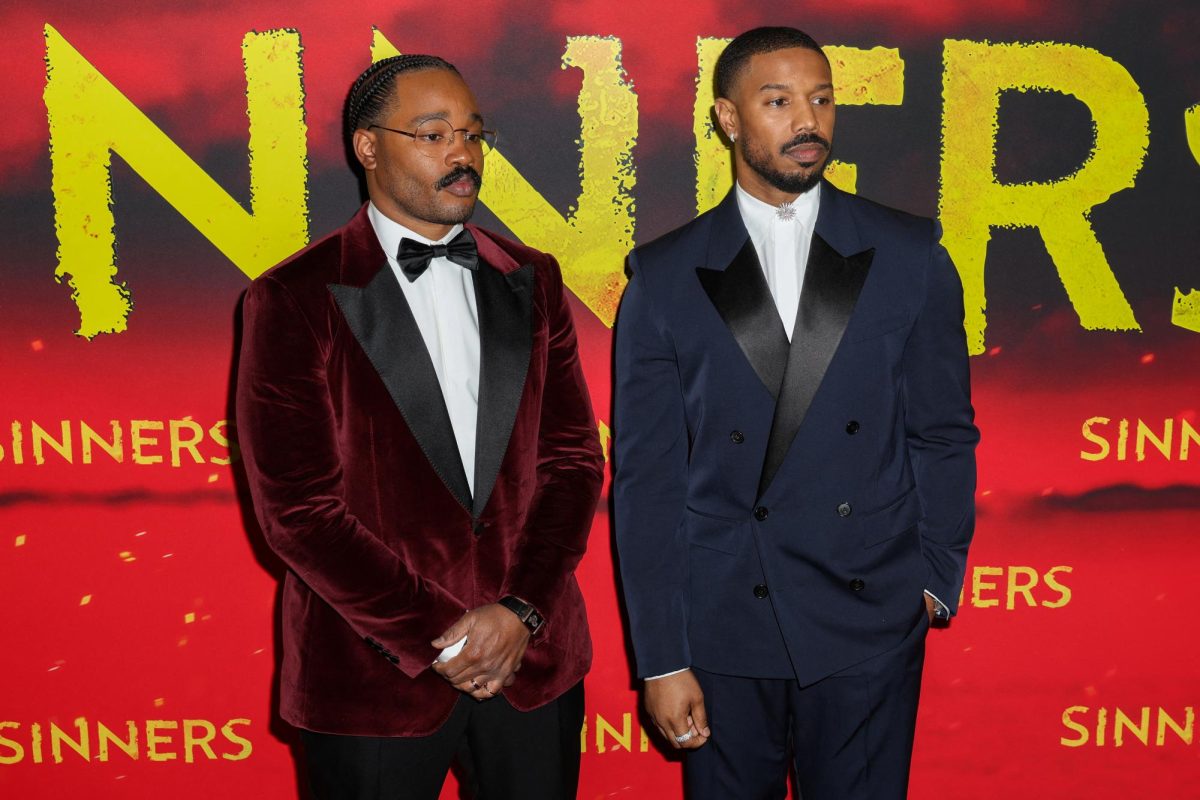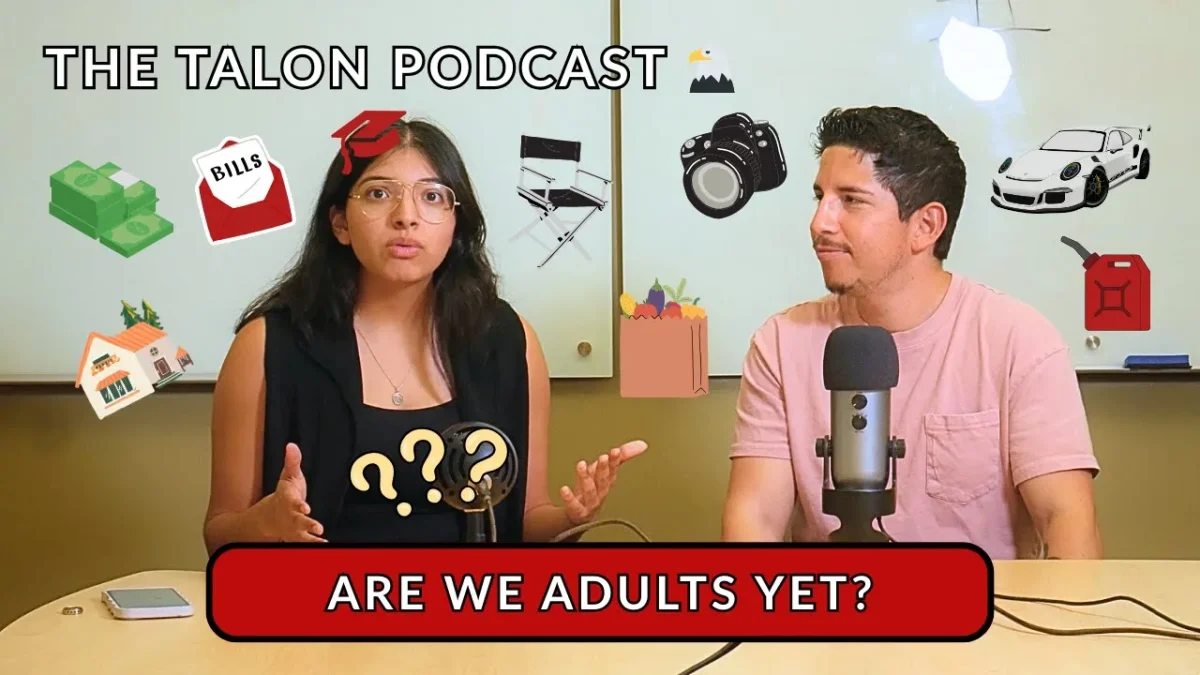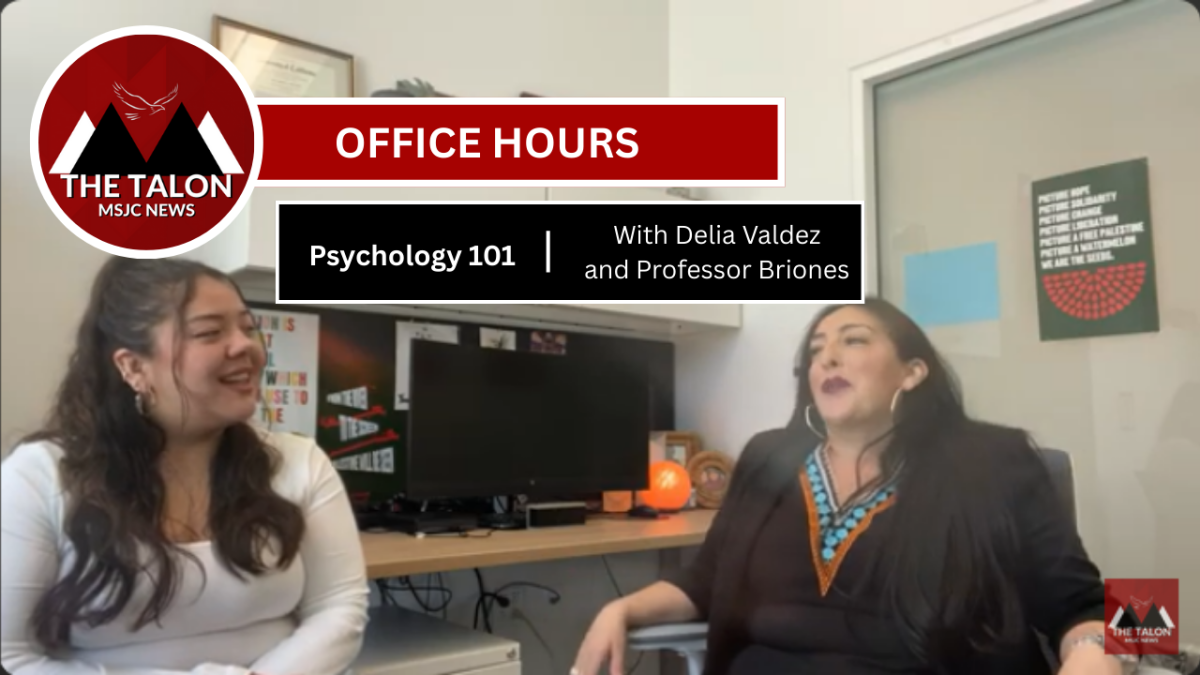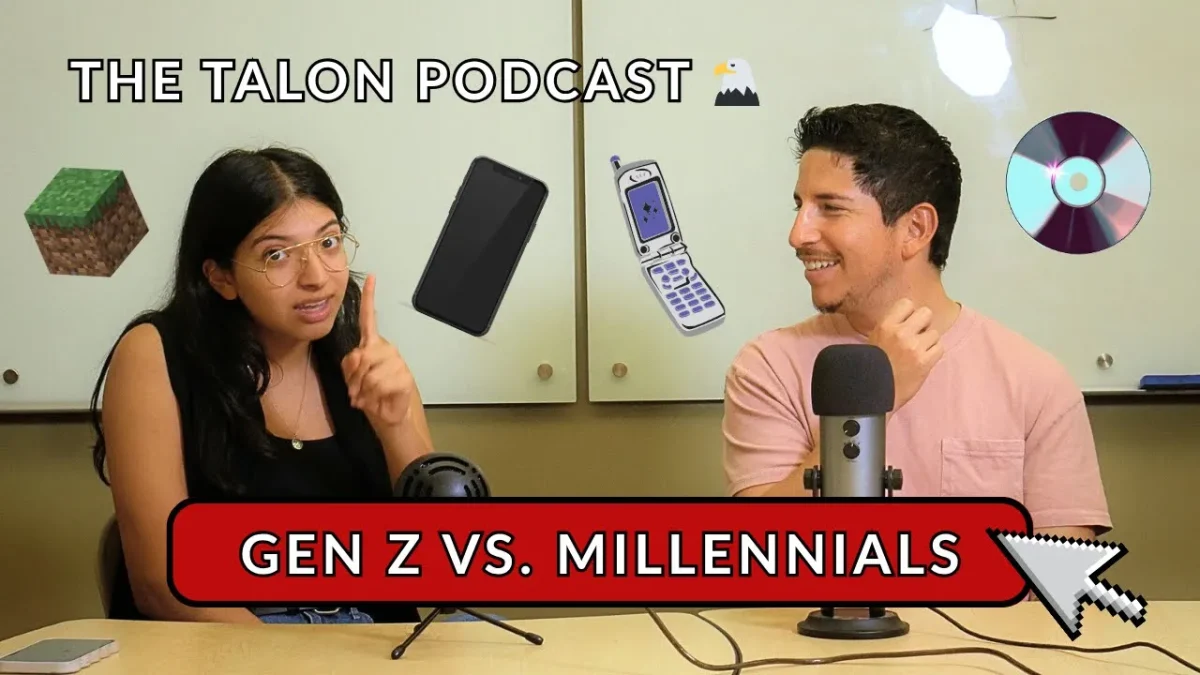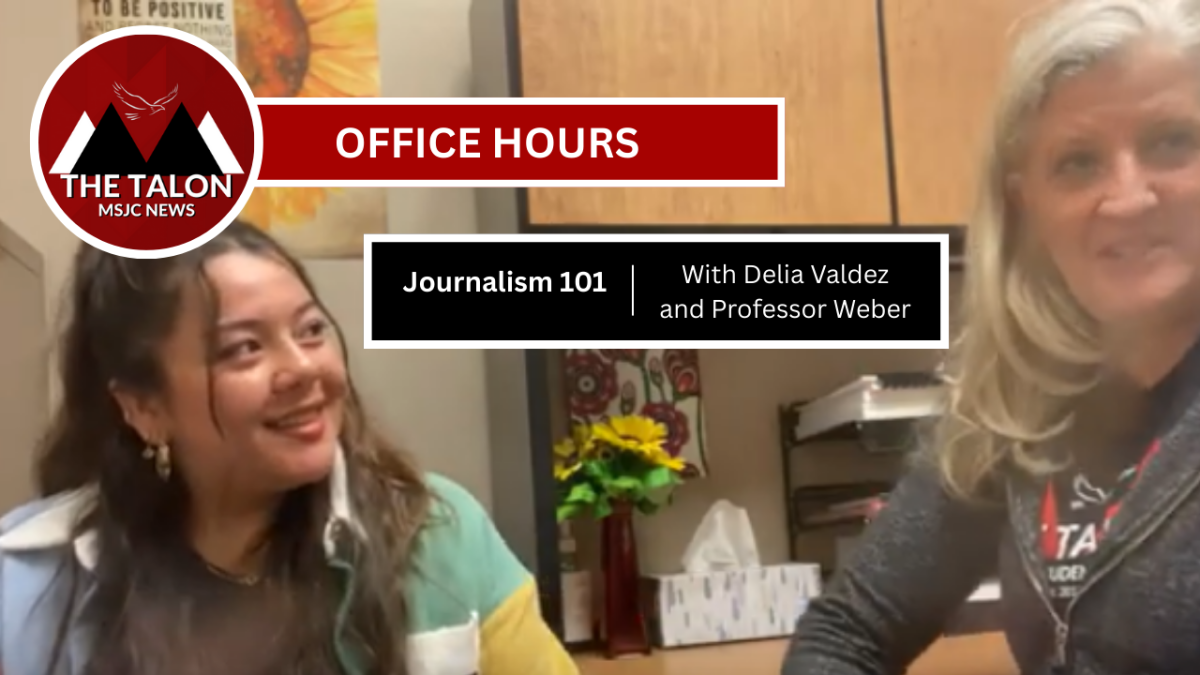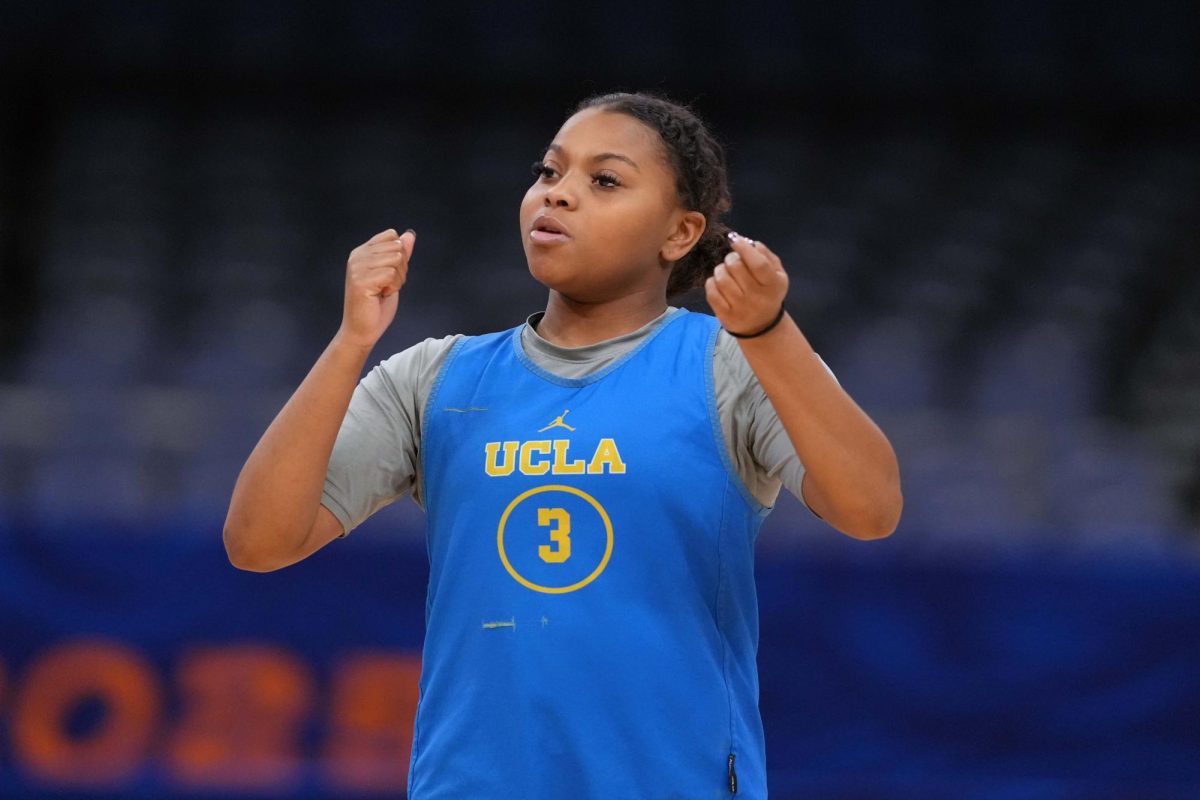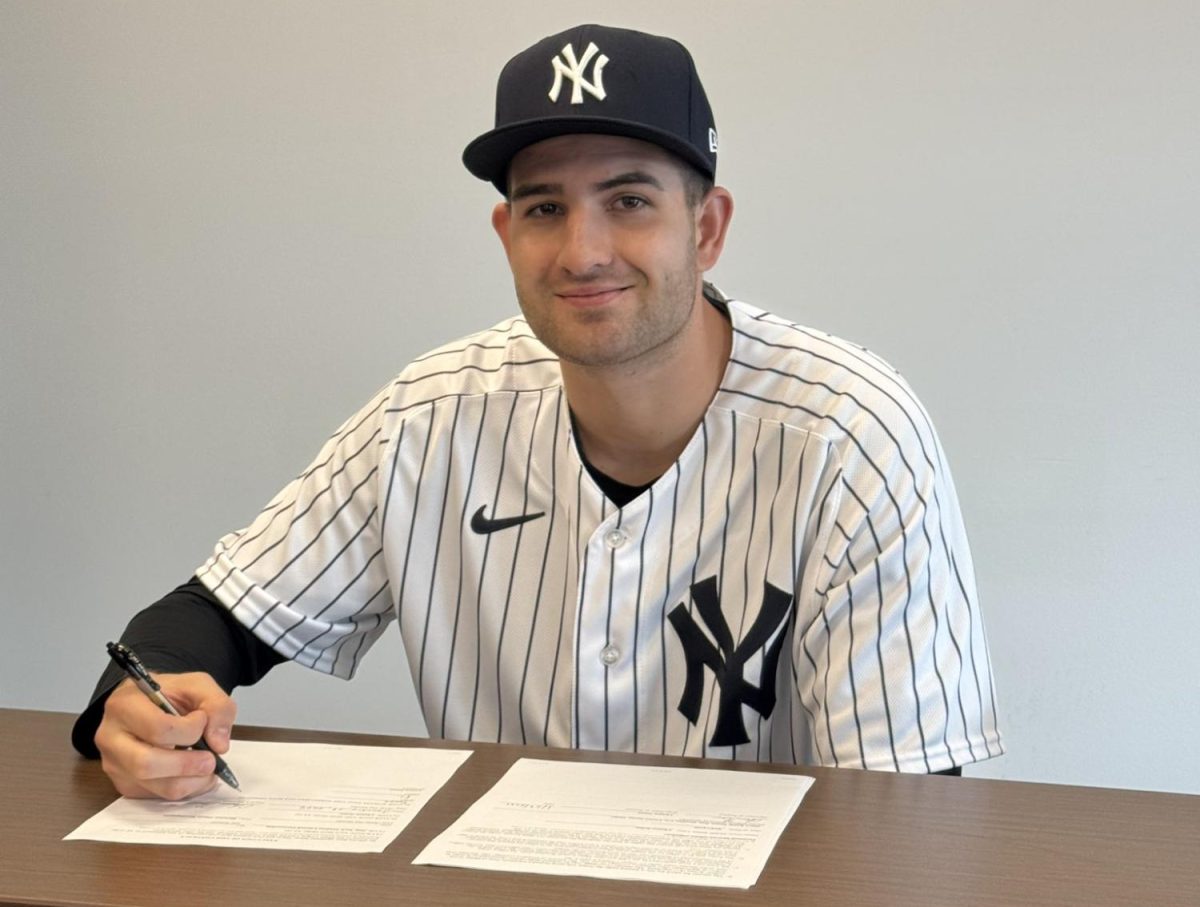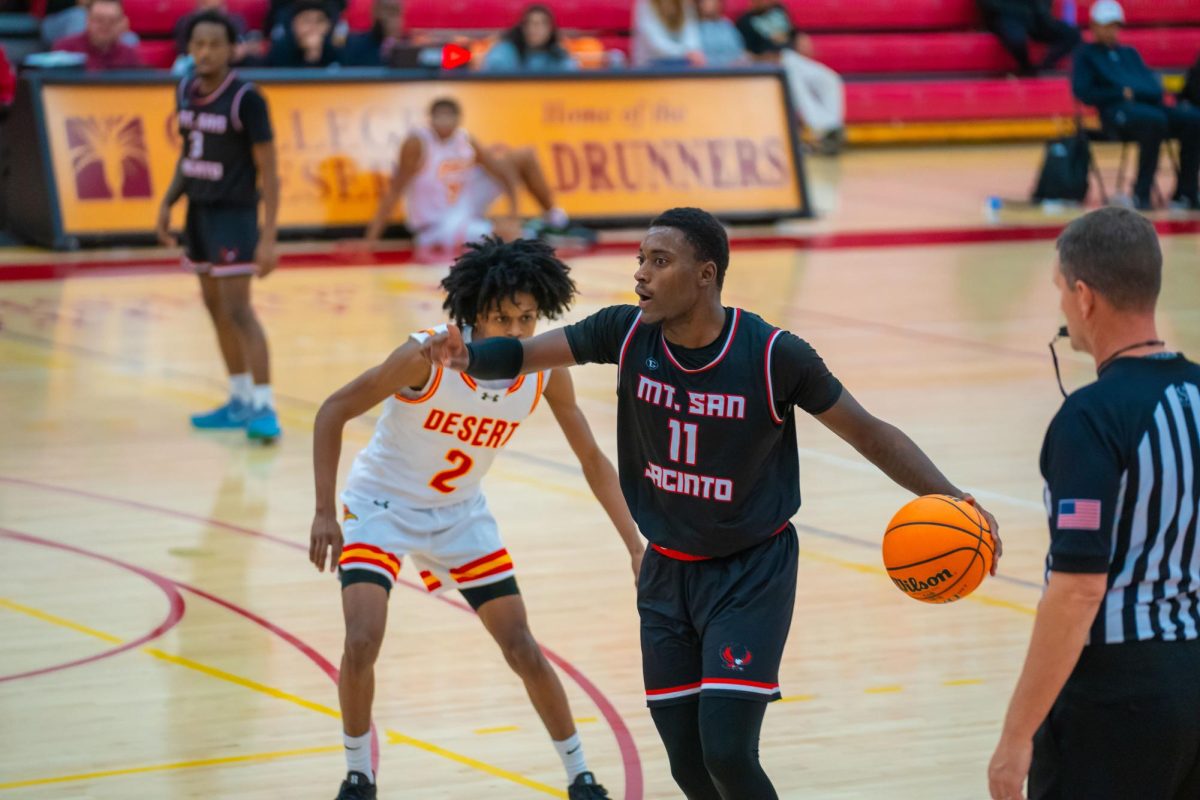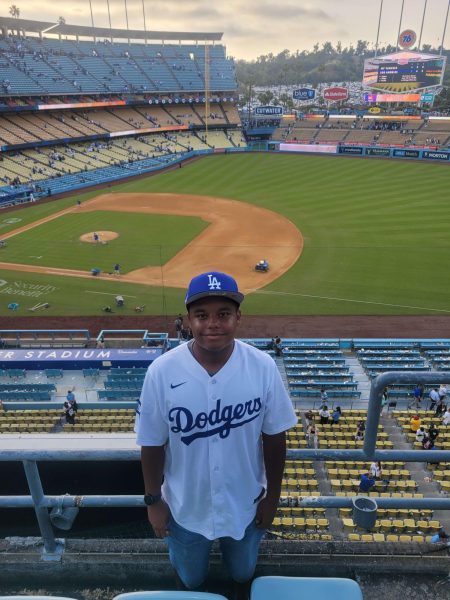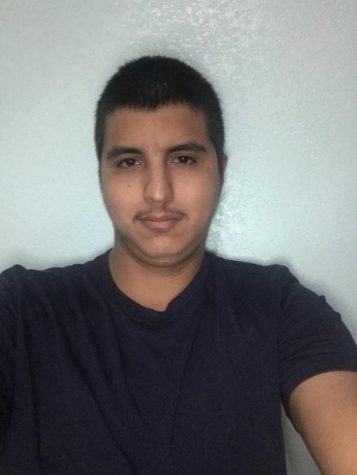MSJC Pays Tribute To Dr. Martin Luther King, Jr.
February 1, 2023
On January 27th, 2023, The Council of Black Leaders Achieving Community Change (CBLACC), Umoja, A2Mend, Ujima, and Sankofa hosted an event to celebrate and honor the legacy of Dr. Martin Luther King Jr and his fight for social justice, civil rights, and equality.
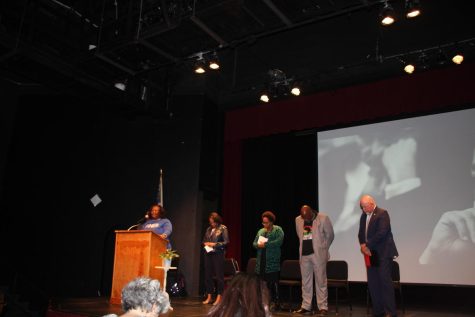
The event began with Camille Perry, Chaplin of C-BLACC, welcoming everyone with a quick prayer and tribute to Dr. Martin Luther King. Following the prayer, Heather Jones spoke, acknowledging all of the ethnic minority groups who were exploited to build this land that we live on and the fact that this same exploitation is still occurring to this day. “Today’s exploitation is mainly through mass incarnation used as a tactic to exploit people, many of whom are ethnic minorities for free prison labor. Although we have made progress as a nation, there is still a lot of work that needs to be done in the fight for civil rights.
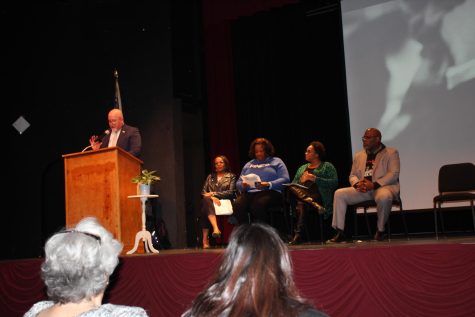
After Jones’ speech, Dr. Roger Schultz (Superintendent/President of MSJC) spoke, providing words of encouragement and acknowledgment of the racism that still exists in this nation, as well as the progress that MSJC has made and will continue to make in their goal for equity. It is always important to hear how far we have come as a nation while also acknowledging that a lot of work still needs to be done.
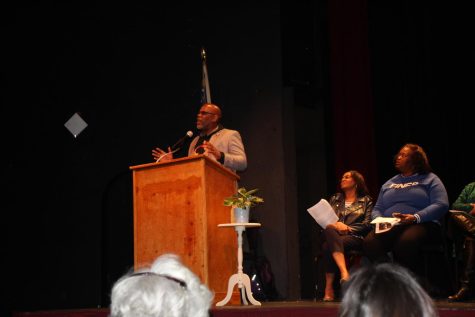
San Jacinto Councilman and keynote speaker Brian Hawkins followed Schultz with a powerful speech. In his speech, he began with the question: “Are you inspired yet?” a question he continued to ask throughout his speech. Additionally, Hawkins discussed another civil rights icon, Frederick Douglass, and how enslaved people were not allowed to learn how to read and write because if they did, “it would be harder to control them.” He also brought up the fact that only 36% of male Black and 38% of male Hispanic kids can write, read, and do math at a proficient level. Later in the speech, Hawkins told a story about a young man who spent 10 years of his life incarcerated. In 1996, that man, who had just turned 18, was hanging out at a friend’s home and was arrested because a gun was missing. Five months later, law enforcement found the gun, but the man had already agreed to a deal that put him in jail, giving him his first strike. A year later, that same man borrowed a car from a neighbor, unaware that the neighbor did not have permission to loan the car to him. He was sentenced to prison for three years. The following year, the man rented a car but returned it three days late and was given a six-year prison sentence. That man was 31 years old before he finally got out. In 2020, he ran for City Council and won. In 2022, he ran for US Congress. That young man was Brian Hawkins himself. He continued to express the importance of education in the Black community. You can listen to Councilman Hawkins’ speech here. Overall, the entire event was inspirational, eye-opening, and moving.
Discussion with Councilman Hawkins
The first topic discussed was the importance of education and why he decided to enroll to MSJC.
Councilman Hawkins: “Seventy-five percent of the guys that are incarcerated are high school dropouts. There’s a correlation between graduation and prison population. When you look at the jobs in low income communities, they’re low income for a reason because you lack the educational tools to get the jobs that you need. My reason for coming back to school is to inspire a community. I live in this community and it’s low income, and I want to inspire individuals to get ahead of poverty, incarceration, and a lot of the stigmatism. And the only way we’re going to do that is through the pathway of education. A couple years ago, I used to argue with people that college is not for everyone, but I’ve changed that tune because I know how developers look at graduation rates when it’s time for them to build certain jobs in the community. When you drive around San Jacinto or Hemet, you ask yourself, “what are the top 10 jobs you’re inspired by,” but these jobs there don’t require the next level education, which means poverty is going to continue to stay in the community. So, if you really want to break the cycle of poverty in the community, you seek the pathway of education. The bible says that we’re destroyed for a lack of knowledge. And where do you obtain knowledge? High school. And where are you going to get knowledge for the next level? College. So, having this [college] here is the best thing we can do in breaking poverty in our community.”
Derrick: “How did you make that jump from out of prison to now Councilman of San Jacinto?”
Councilman Hawkins: “When you’re in a community and the jobs that I had, I used to be a manager at Best Buy. I used to be a manager at Walmart. So I’ve worked at jobs in an inner city community and so talking with people everyday and listening to their problems, I really wanted to be a voice. And when I look at politicians, I don’t really hear people who have actually gone this route. Most of our politicians come from two-family households. They come from strong backgrounds. They went to Harvard and Yale. We have a lot of professional politicians, but we don’t have people that really understand what it’s like to live in this community. So, how can you speak for someone when you’ve never been in that place? So, that was one of my big reasons for why I decided to run for office. It is to be a voice for people because 43% of the population in California can’t afford to live here, and that should tell you that 43% don’t really have a voice. And that’s who I’m speaking for.”
Interview with Dr. Roger Schultz
Derrick: “What are you hoping to gain from events like these on the MSJC campuses?”
Dr. Schultz: “It’s two-fold. It’s to celebrate the legacy of Dr. Martin Luther King and acknowledge all of his great work. It’s also what Reverend Hawkins said today” to inspire everybody to continue that work because it’s not on your neighbor. It’s not on somebody else. It’s really important that we all continue that work because as said many times, we’ve made progress, but we have much more work to do. Many hands make heavy work a lot easier, and so it’s everybody’s responsibility. So, to create that awareness, that sense of community around the college and really become a change agent. Although we hope the world will change, our part of the world is what we have control over. Hopefully, we will continue to make progress just as we have as a college.
Derrick: “What is the overall mission for MSJC?”
Dr. Schultz: “If you look at our mission statement, the real powerful nature of it is transformation through education and transforming the community, not just the learner and carrying that forward. It’s not just about educating you for the sake of education. It is really ultimately to create a healthy society through education, and that really is our vision.
Derrick: “What more does MSJC plan on doing to make a difference in the Black community, Hispanic community, and other ethnic minorities?”
Dr. Schultz: “Equity, diversity, inclusion, accessibility, the DEIA aspects are a part of everything we do. Our strategic plan is really a strategic equity plan, and that guides us in everything that we do and as we move forward as an institution. We’re a learning organization, and what that means is we’re not static. We don’t just come up with a plan. If things come up, we have to respond. We have to be nimble. We have to be malleable to the needs of the community, and although we have the plan that guides us, we also have to be that learning organization that remains responsive to the community and its unique needs over time. Our plan is laid out right now, and our commitment is visible in our activities and our actions as individuals and our resources. I’m very proud of the spaces that we’ve created: the basic needs center, the food pantry, the Umoja space, trying to create more space for students to come back on campus with good access to technology, improving and remodeling facilities, and building new, state-of-the-art facilities. It’s all interwoven. It’s not just one thing. Everything that we do is part of the comprehensive plan, all with an eye to equity and achieving success for all students.”
You can read the full MSJC mission statement here.
